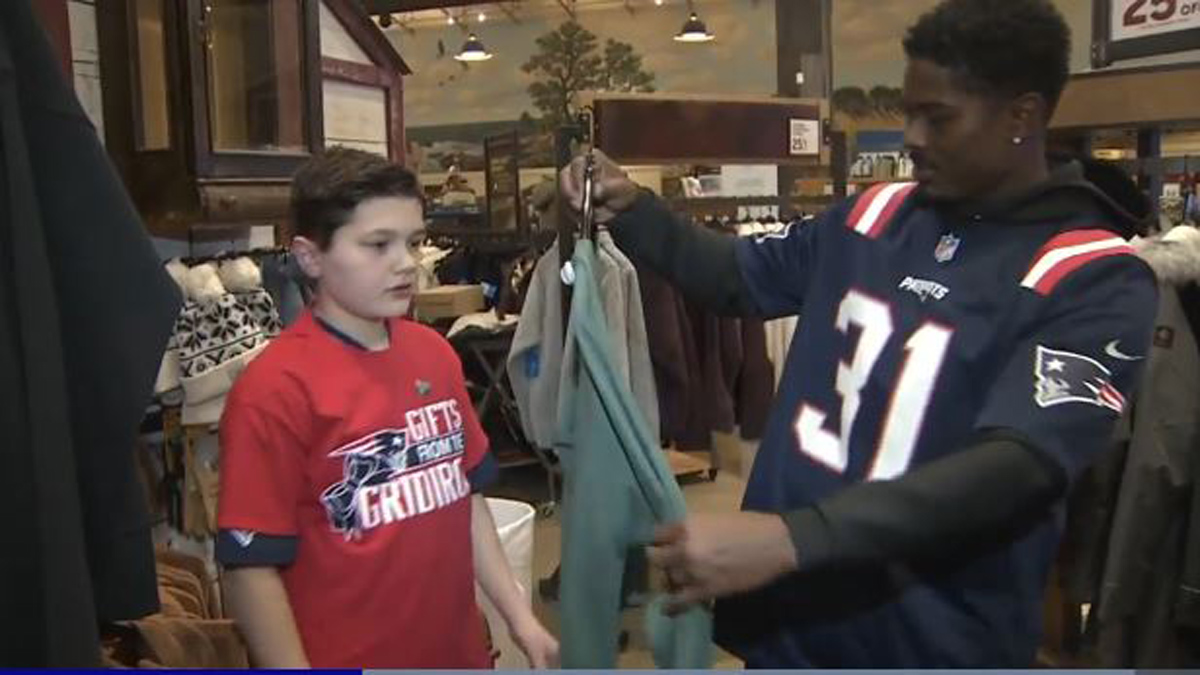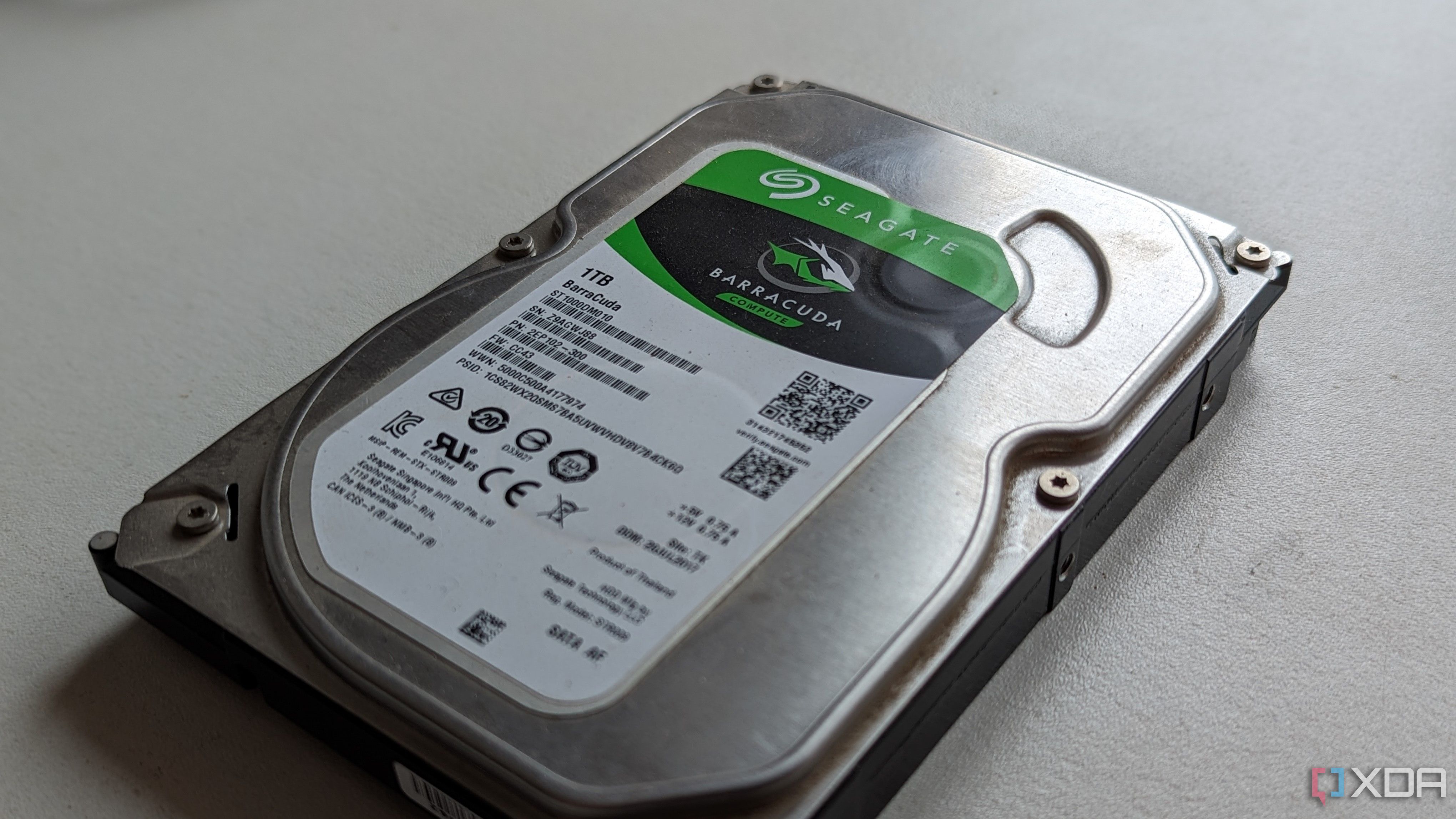Bussiness
I’m a retired Kansas grocer. Big-box dollar stores moved into town and killed my business.

We don’t need a new law today to protect small grocers. We need to enforce the law we already have.
Home, food prices are central to Kamala Harris’ economic proposals
Harris pledged to pass a federal ban on price gouging among big corporations and provide $250,000 down-payment assistance for first-time homebuyers.
I’m a retired grocer.
It wasn’t my choice to retire. I was driven out of business by a big chain that made it impossible to compete.
I was thinking about my own story when Democratic presidential nominee Kamala Harris recently announced a plan to go after price gougers in the grocery business.
I oppose that proposal.
I don’t think it’s necessary or needed. I began my career in the grocery business in 1975, after President Richard Nixon instituted price controls and it was a disaster for independent grocers.
End of independent grocers like me started with big-box dollar stores
As someone who ran a grocery store, high grocery prices are the symptom – and not the disease. If anyone really wants to cure the problem, they have to go after what’s causing it.
I live in a little Kansas town called Haven, population 1,200, and I bought a neighborhood grocery store in 2012 because I figured I could retire and hand it off to my son.
My grocery store was doing fine for the first three years, but then a dollar store came to town.
Before they even opened their doors, they started tilting the game in their favor. They told our local officials that they wouldn’t do business here unless they got some significant breaks. The city gave them freebies like electricity and sewer service.
That may not sound like much, but I’d still be in business today if I had gotten breaks like that.
Their store opened and my sales fell off like someone flipped a switch.
Why?
Just like that dollar store did with local officials, the big chain stores demand special treatment from suppliers, including special packaging sizes, prices and promotions.
How can I compete when they are selling a can of soup for $1 and the price I pay is $1.20?
The soup came from the same factory and was purchased in the same quantity by my wholesaler, but the big chains paid far less.
Those big chains know exactly what they’re doing, and what’s worse, they know they can get away with it.
I love and respect my community; if I could charge $1 for that can of soup, I would, but I had to keep the lights on. Factor in the rising cost of utilities, labor, credit card fees and everything else − and it’s hard for small businesses to stay open, let alone get ahead. Independent stores (like mine was) operate on a super thin profit margin, and when we have to pay more, we need to charge more just to keep afloat.
Government doesn’t know best: Harris and Walz champion the Californication of America. Voters should say no way, San Jose.
We don’t need new laws, we need to enforce the ones we already have
The Federal Trade Commission is about to launch an investigation into grocery prices and why they’re so high. It will take months or years to get a final report.
I can tell you the answer right now: It’s because the big chains aren’t playing by the same rules as smaller players.
A law known as the Robinson-Patman Act (RPA) is supposed to ensure that big chains can’t use their buying power to disadvantage smaller stores like mine. The law wasn’t aimed at giving anyone breaks but at making sure that the competition was fair and that shoppers would end up getting the best prices.
In the 1980s, prosecution of RPA cases died off, doing irreparable damage to small businesses along the way. We don’t need a new law today. We need to enforce the law we already have.
Price controls are bad economics: Harris’ economic plan promises voters affordable groceries and homes. Don’t fall for it.
My time in the grocery business ended in 2015. One day, I sat down with my son and did the math; we just couldn’t stay in business the way things were going.
If you drive down South Kansas Street in Haven today, you’ll see the abandoned building that used to be my store. It’s the one with the “For Sale” sign in the window. If you look inside, you can see the empty shelves and the registers covered with a thin layer of dust.
That store used to be my American dream and path toward retirement, but now it’s a cautionary tale.
Independent grocers are not gouging their customers. They’re the ones getting gouged while fighting to survive and serve their customers despite a rigged playing field.
Douglas Nech is a retired grocer from Haven, Kansas.










